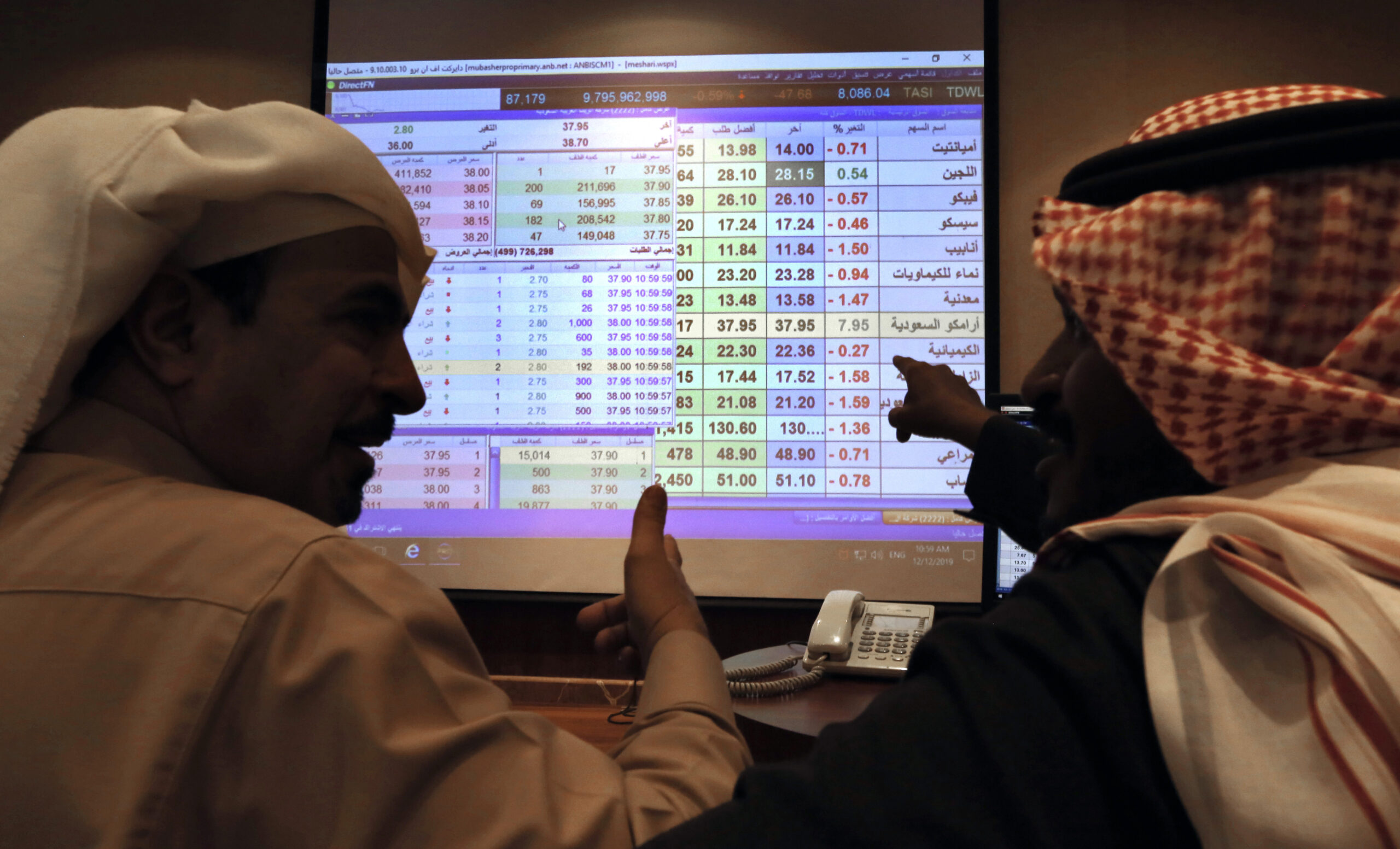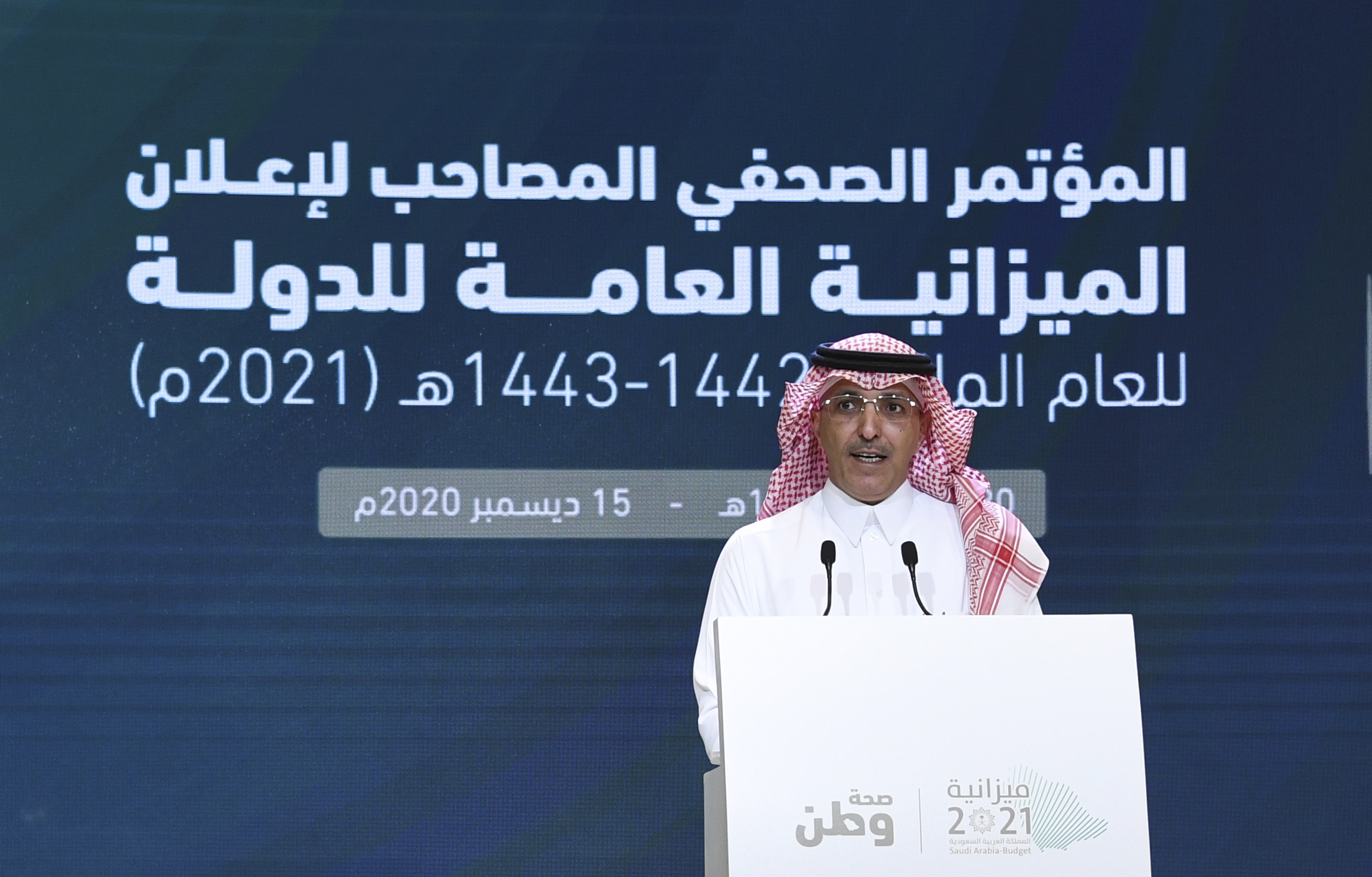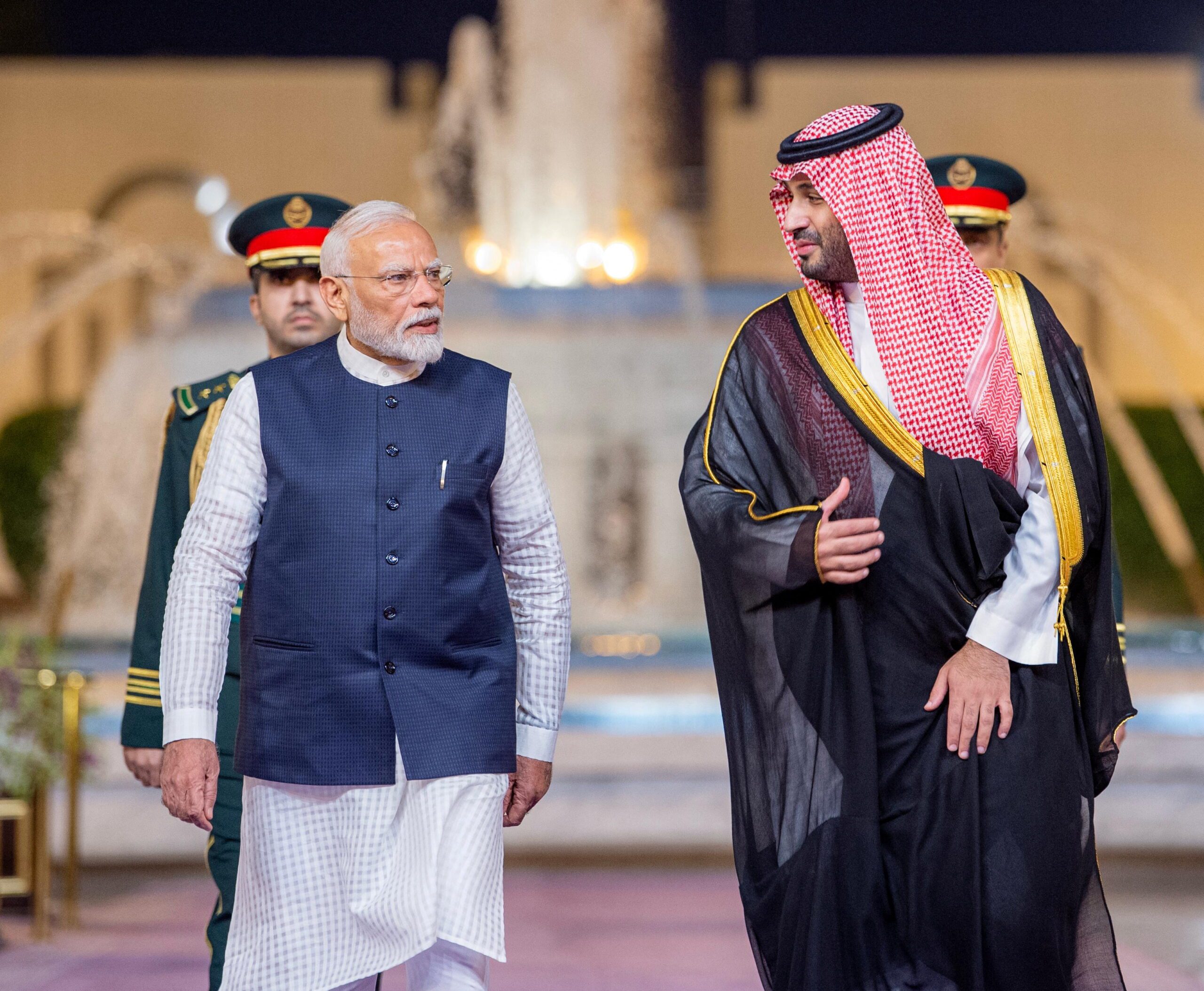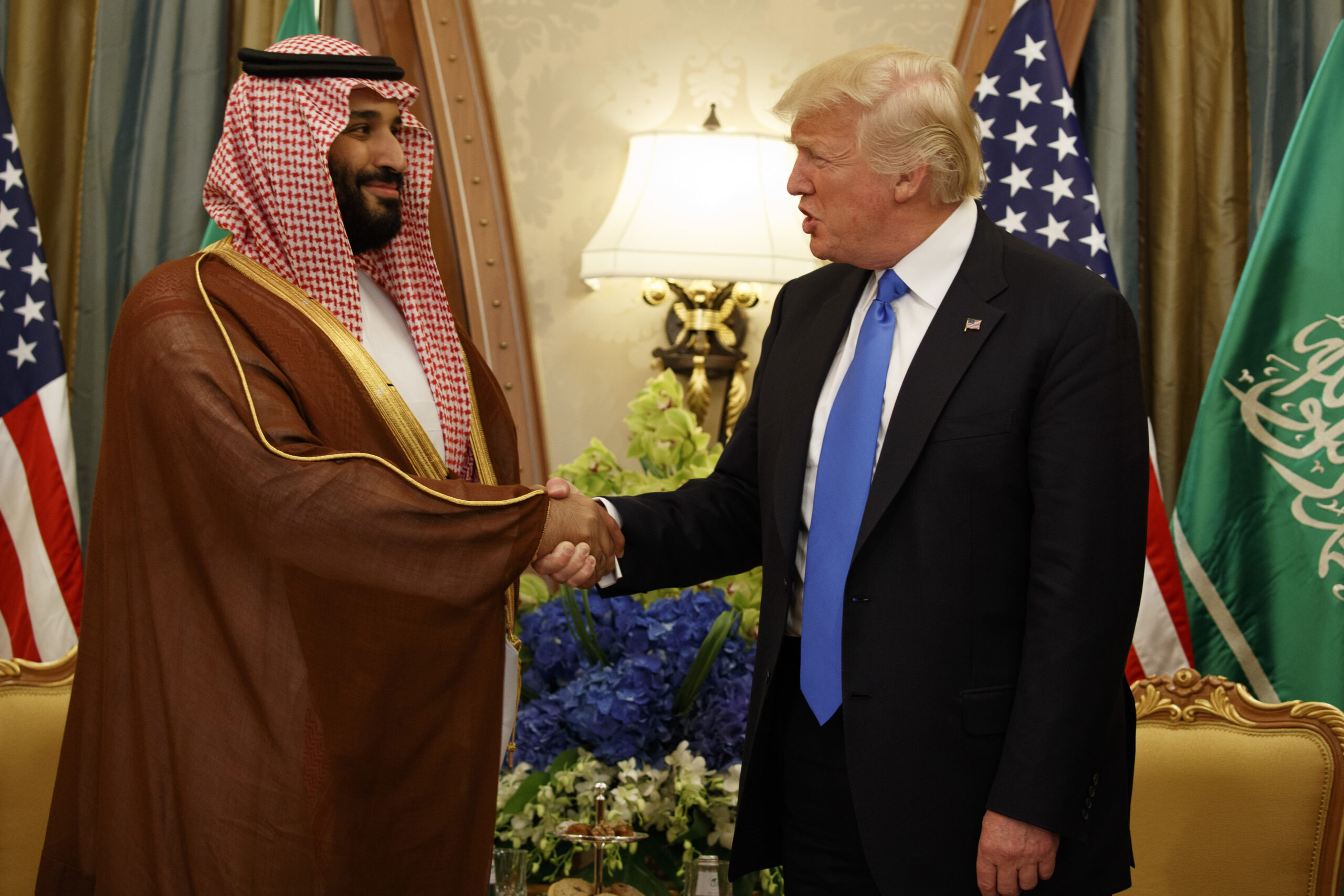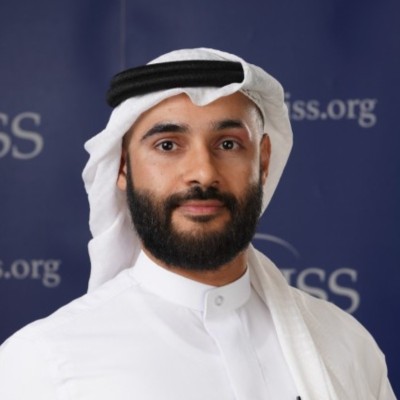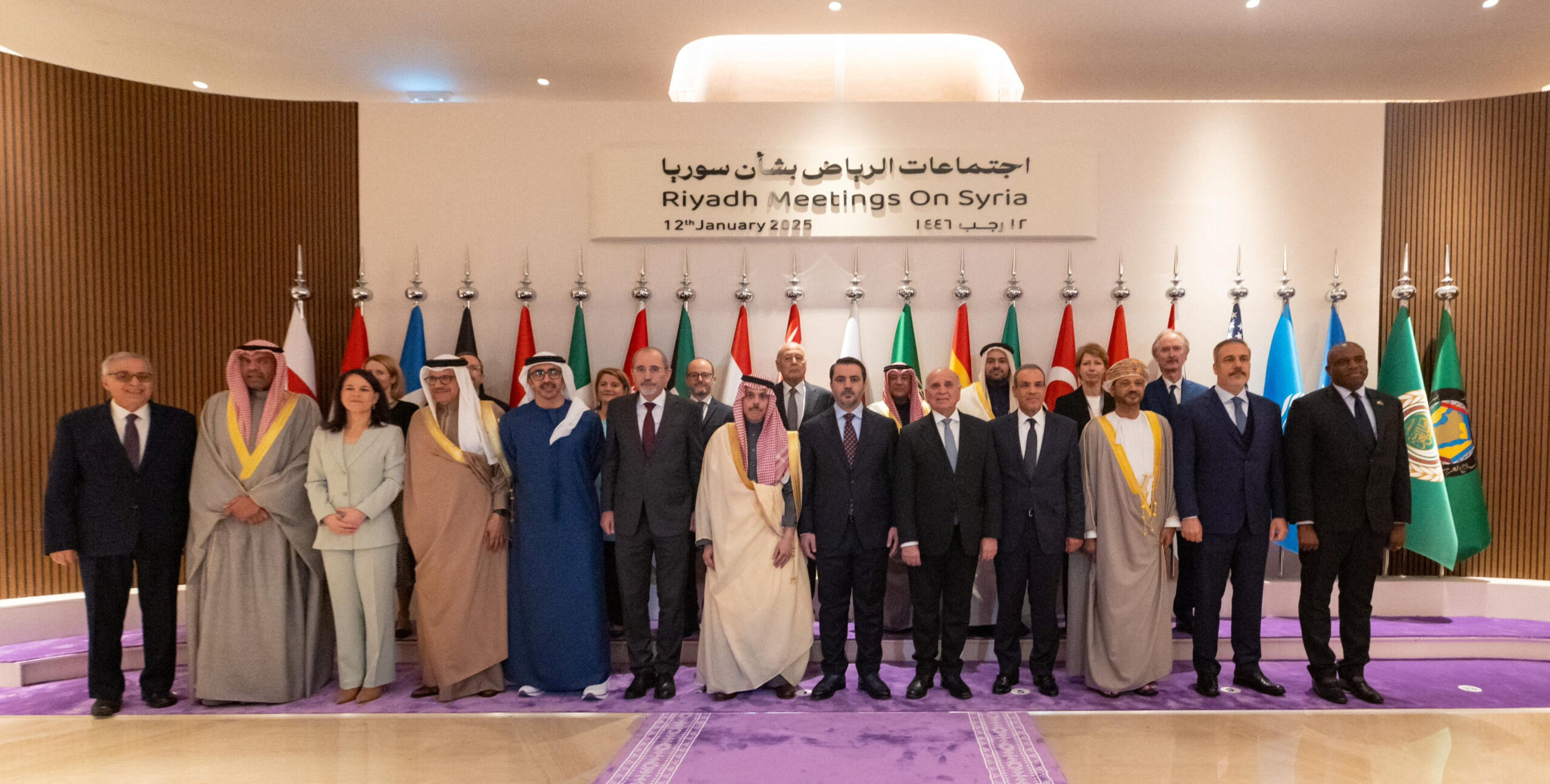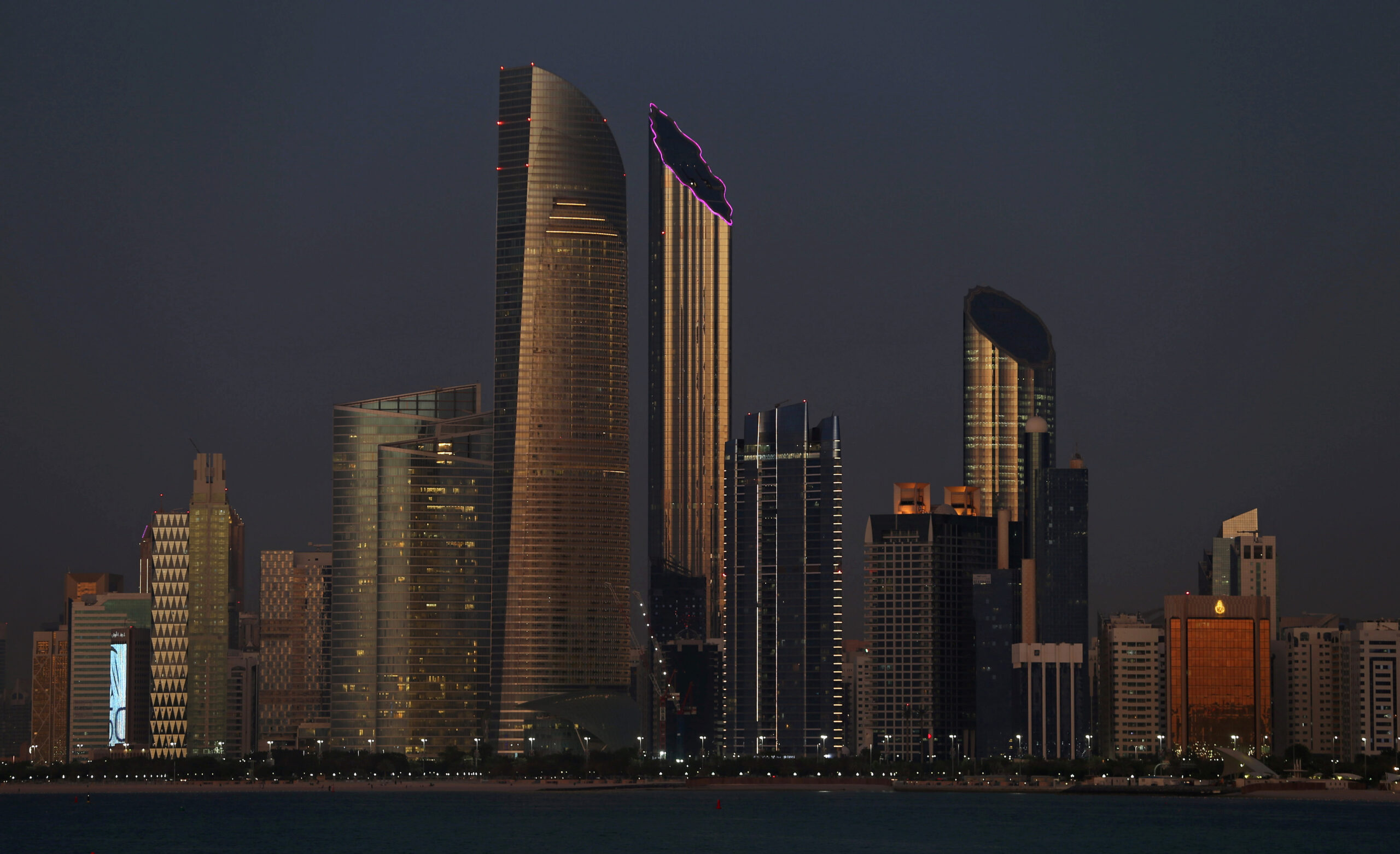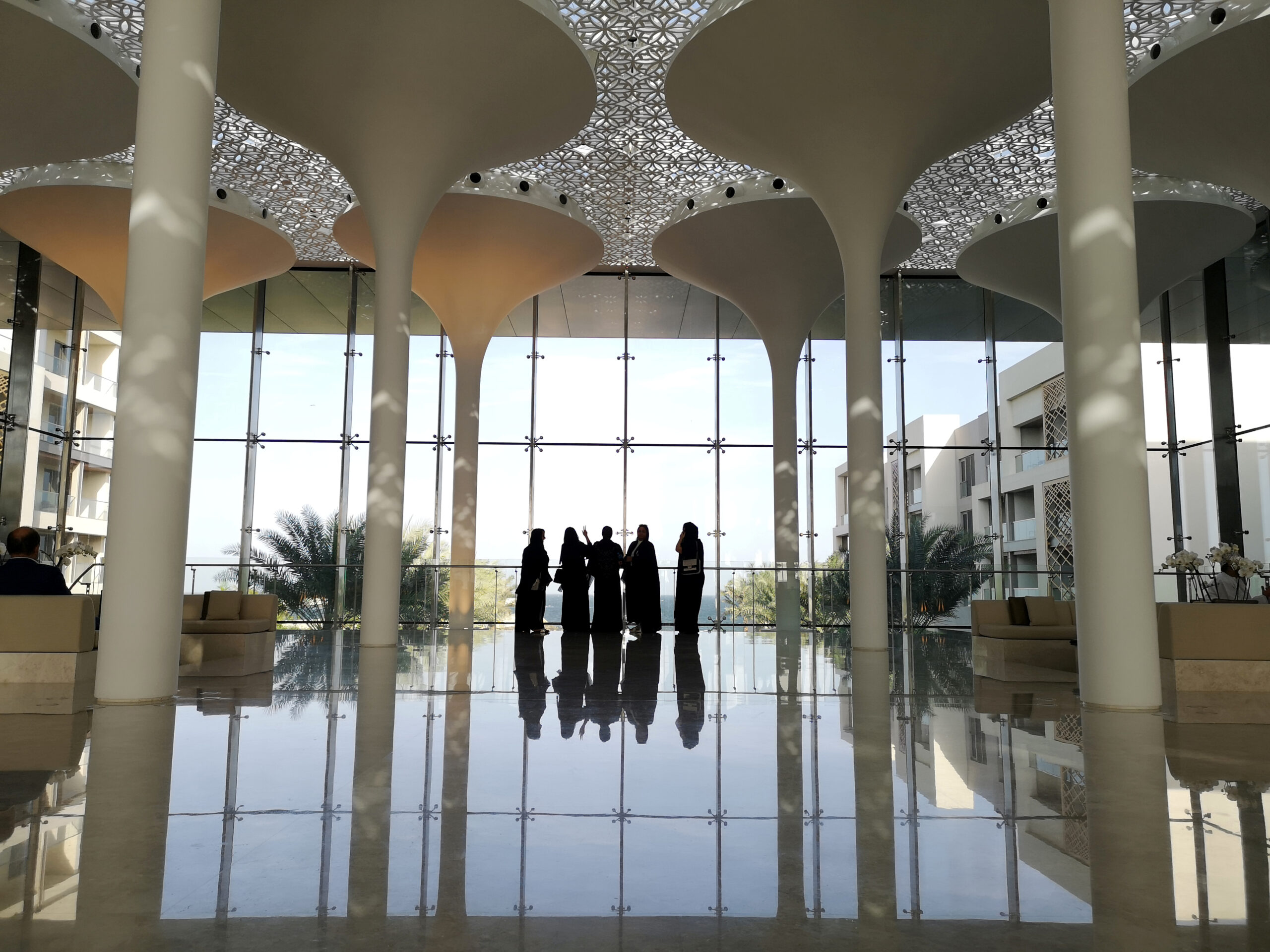The Politics of Leverage: Bond Issuances, Debt Dynamics, and State Finances in the Gulf
The underlying economic factors driving debt issuances, issues related to how raised funds are redeployed within local economies, and the implications of looming debt maturities help to paint a comprehensive picture of the state of Gulf Arab economies.
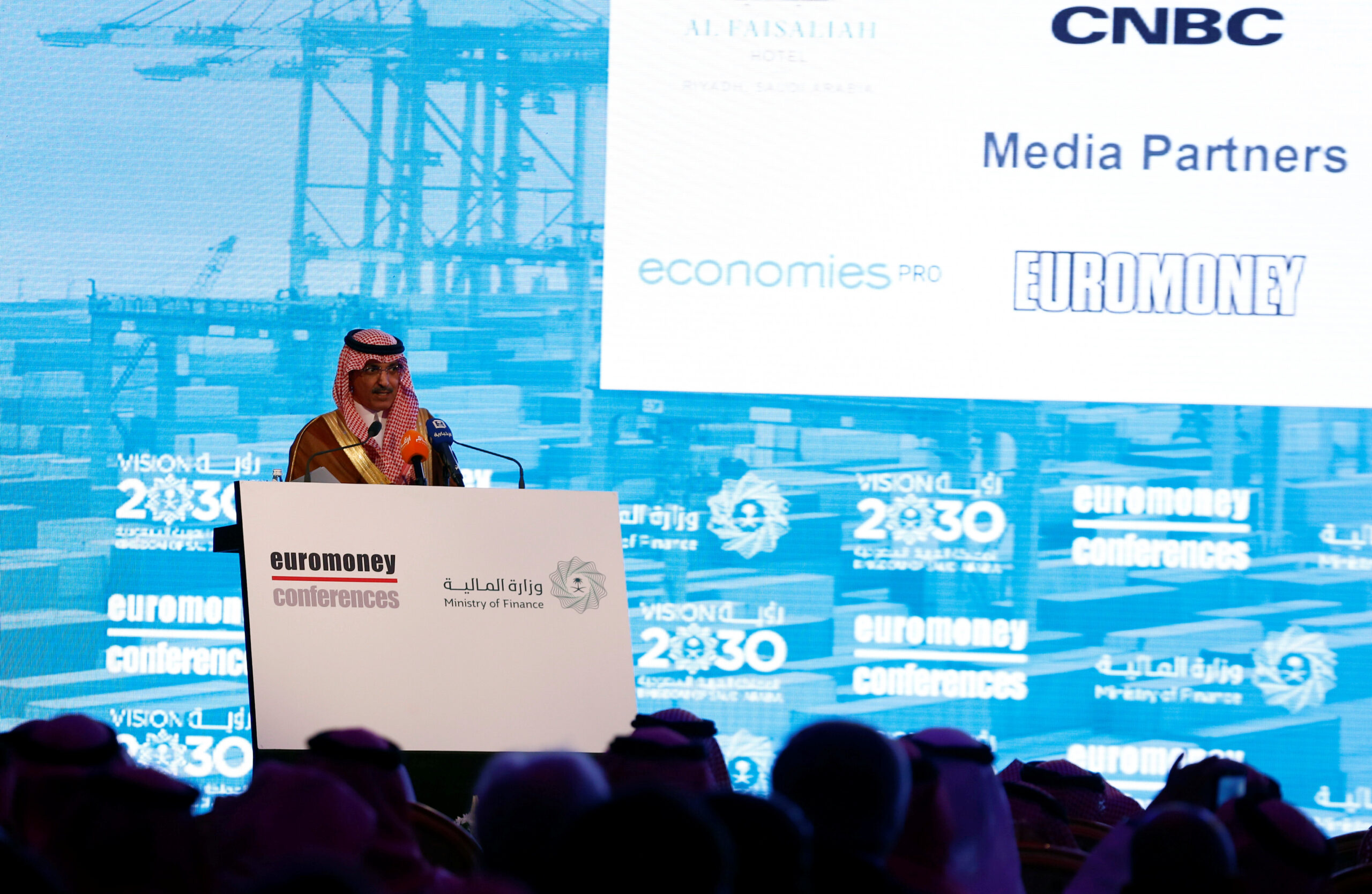
Executive Summary
Sovereign and corporate bond issuances proved to be crucial economic policy tools and financial instruments in Gulf Arab states during the extraordinary economic challenges of 2020. While there were several major bond deals announced in early 2021, the pace of issuances and eagerness to tap international bond markets is poised to slow across the Gulf for the second half of 2021 and into 2022. Bond issuances and their future implications will remain a central feature of the political economy of Gulf Arab states, but the urgency for most Gulf governments to raise funding from international capital markets has diminished following higher oil prices and rosier economic growth forecasts. Another sustained slide in oil prices, however, would renew pressure on government finances and likely increase the need for debt issuances.
The highest-rated sovereign issuers, such as Abu Dhabi and Qatar, are in the privileged position of accessing cheap debt opportunistically. Saudi Arabia continues to enjoy strong demand for its sovereign bonds, but the state’s total financing needs remain considerable. Despite shakier finances, investors continue to view Omani bonds favorably, given the sultanate’s fiscal reform trajectory, regular issuances, and solid yields. Bahrain combines high levels of government debt with an uncertain fiscal reform status, but previous external support from Gulf Cooperation Council member states – as well as the prospect of future economic aid packages – has helped the small country maintain access to capital markets. Kuwait’s government and Parliament have been unable to agree on a new debt law, which has prevented Kuwait from issuing bonds since 2017.
Commercial entities across the Gulf Arab states, especially those in the energy sector, took advantage of strong demand for corporate debt in 2020-21. With the expectation for fewer funding commitments from regional governments, there are concerns that the debt held by some regional government-related entities may be headed toward unsustainable levels. Multibillion-dollar external sovereign debt maturities are looming for Oman and Bahrain over the coming years, but they, and other Gulf states, will have the option to refinance or restructure this debt. Meanwhile, Islamic bonds are in high demand and their market is underserved, creating cost-effective opportunities for Gulf-based issuers.
The views represented herein are the author's or speaker's own and do not necessarily reflect the views of AGSI, its staff, or its board of directors.

